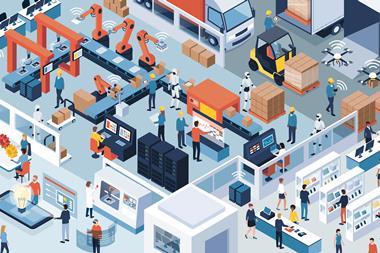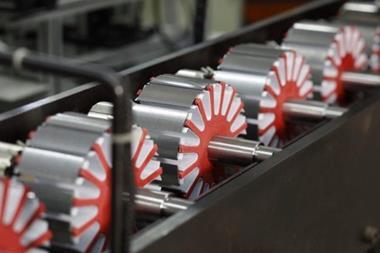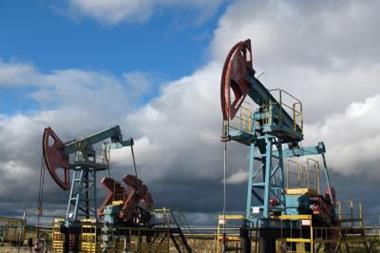Local manufacturing and supply chain resilience are crucial in the current geopolitical context
The World Economic Forum has added 13 new sites to its Global Lighthouse Network, a community of 103 world-leading manufacturing facilities and value chains using Fourth Industrial Revolution technologies to increase operational performance and environmental sustainability.
Local manufacturing and supply chain resilience are crucial in the current geopolitical context, as organisations strive to engage their workforces and sustain operations amid international unrest and economic headwinds.
There are also new pressures to maintain sustainability commitments and accelerate the transition towards renewable energy, while addressing more immediate energy market disruptions.
Members of the Global Lighthouse Network are applying advanced technologies to increase supply chain resilience, augment green measures and boost workforce engagement while bolstering productivity.
“As the world grapples with many challenges, it is remarkable to see how lighthouses are yielding sustainability benefits while achieving business goals, which we call eco-efficiency,” said Francisco Betti, head of Shaping the Future of Advanced Manufacturing and Value Chains, at the World Economic Forum.
“We need them to continue illuminating the way forward for the global manufacturing community by shaping a responsible future of manufacturing that works for people, society and the environment.”
Enno de Boer, partner, McKinsey & Company and Global Lead of its digital manufacturing work, added: “The 103 lighthouses show how digital technologies drive value chain resilience, growth, and environmental and people sustainability.
“In the past, sustainability and resilience have often come at the cost of efficiency, but that is no longer true. Companies now have a digital playbook and tech tools at their disposal to make their operations more flexible, more agile and more sustainable.
”With these tools, they can amplify human capability, achieve sustainability breakthroughs and accelerate technological innovation – the recipe for smart manufacturing.”
In Europe, the new lighthouses include:
Janssen Sciences Ireland Unlimited Company, one of three new sustainability lighthouses. Through Fourth Industrial Revolution-enabled real-time release, adaptive process control and other sustainability efforts, the site has optimised its processes and reduced carbon emissions per kg of product by 56%, while the site footprint has expanded by 34% to meet growing business needs.
Sanofi (Paris): With the ambition to accelerate saving generation, Sanofi embarked two years ago on a digital and analytics transformation of its procurement operations.
To date, it has built and deployed six products – data platform, should-cost modelling and input-cost monitoring, smart tender analytics, supplier performance tracker and cockpit – that have delivered 10% savings on addressed spent and transformed the way of working.
Teva Pharmaceuticals (Amsterdam): Global Procurement is the main contributor to Teva’s ambitious Gross Margin Improvement Program and contributes to the Free Cash Flow target, delivering three times historical Cost of Goods Sold (COGS) savings by the end of 2024.
To achieve this, Global Procurement implemented Fourth Industrial Revolution technologies within 1.5 years, increased labour efficiency by 30%, upskilled its workforce and optimised cross-functional processes to break down silos. It is leading the way in Fourth Industrial Revolution technologies at Teva.




















No comments yet